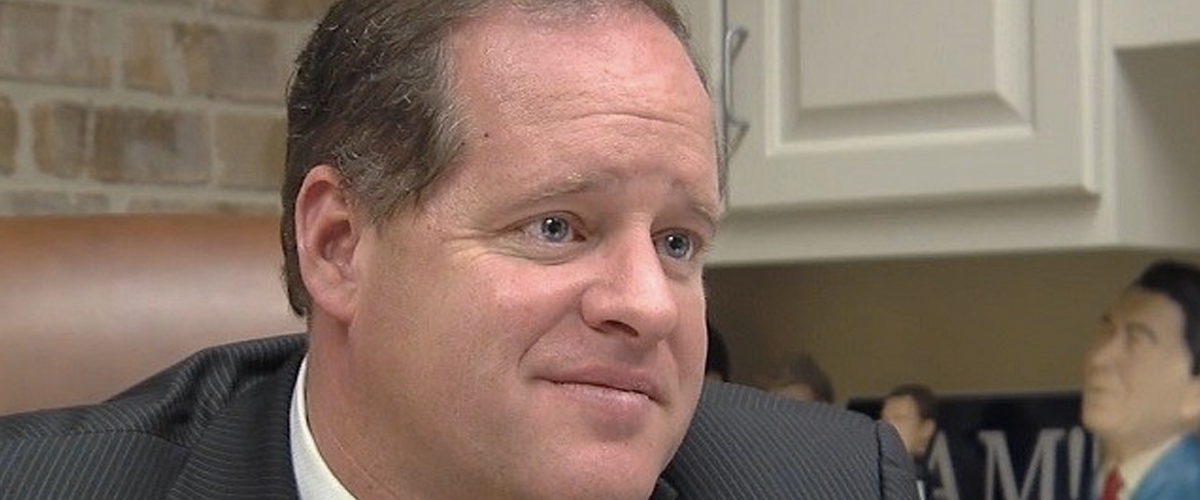By Josh Moon
Alabama Political Reporter
As the District Attorney in Montgomery County, Daryl Bailey deals daily with the issue of youth crimes.
It has, in his opinion, reached a breaking point.
“We are on the cusp of losing an entire generation of kids,” Bailey said Tuesday. “What has happened over the last several years with our young people, it’s to the point that the system we have simply won’t address the problems.”
At its heart, that is the problem the Juvenile Justice Task Force, formed Tuesday by proclamation that was signed by Governor Kay Ivey – who then told everyone it was “plum time to get work, y’all,” – will try to solve: How to do a better job catching kids early and directing them towards a path of education, job training and good citizenship.
“I think we can all agree that the problems we see among our youth offenders are often repeated later in life and wind up with that person in prison,” said co-chairman and State Senator Cam Ward.
The Task Force plans to utilize data compiled by the Pew Research Center, which is working with the task force on this project, to develop new plans and approaches for dealing with youth crimes.
“We’ve taken a cookie-cutter approach historically and I think we’ll see that that isn’t the best way,” Ward said.
Repeatedly, members of the Task Force and Ivey said that decisions made, including possible Legislation, will come only after a thorough study of the current system and a review of the data.
While the members of the task force weren’t ready to propose ideas, they do know that significant changes that fix many of the current problems will require money and a change in mindset among state leaders and voters. There is reasonable skepticism.
“This State is not very good at funding and very good at cutting funding,” Bailey said. “If we truly want to correct some of these issues, we’re going to have to devote the resources and effort to it. Honestly, I don’t think the general public understands what we see every day. I don’t think they understand how serious the problem is.”
Bailey spent several minutes discussing examples from his daily work – children living essentially alone, growing up in hotels, shooting robbery victims in the back without provocation.
“I had a kid the other day, maybe 16, tell me, ‘I know where I’m going to be at 20 – either dead or in jail,’” Bailey said. “I was like, Why? And he said, ‘Because that’s how it is.’ Everyone in the kid’s family had gone down a similar path, he was raising himself. That’s what we’re trying to change here, and it doesn’t happen easily.”



















































